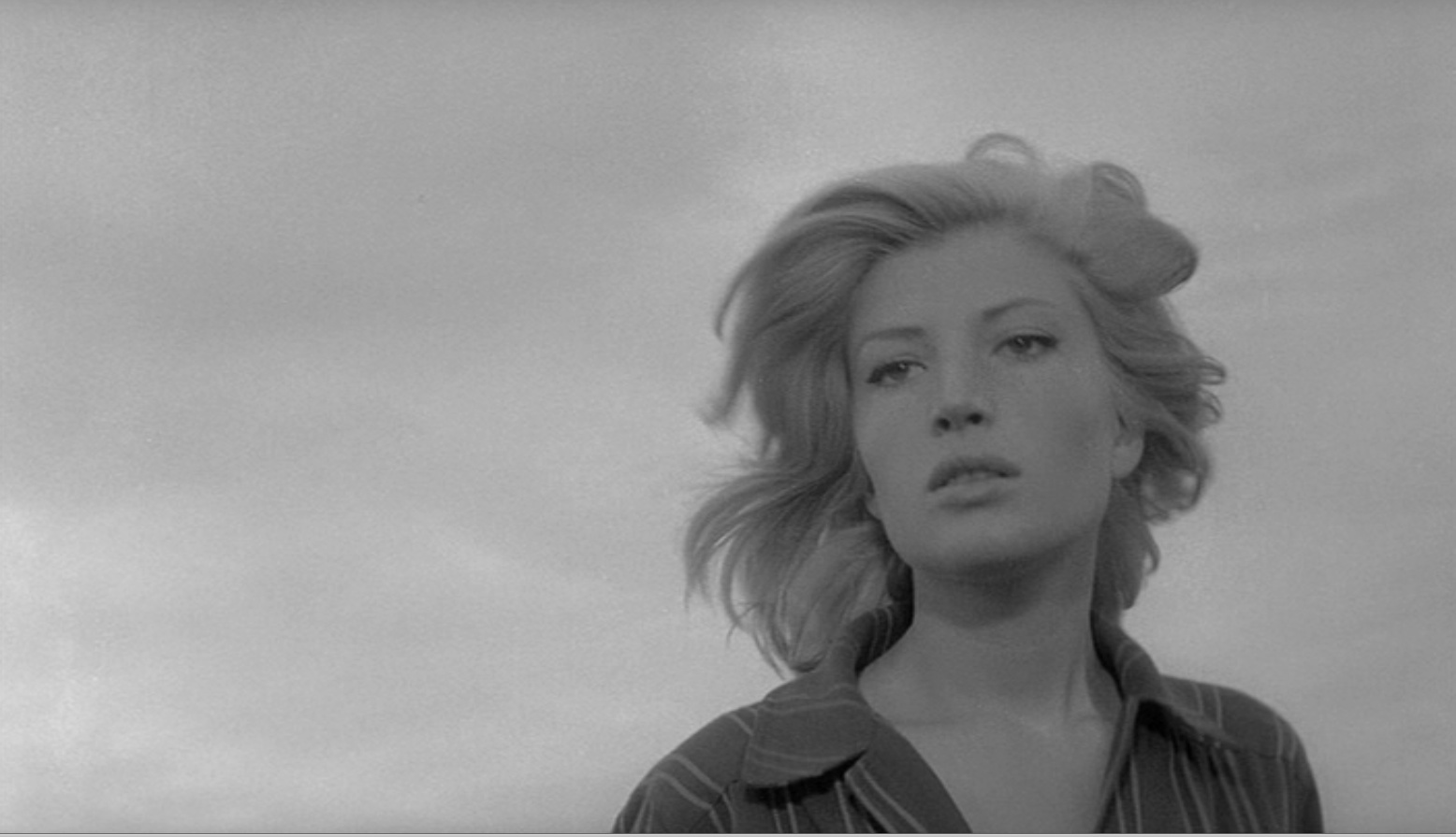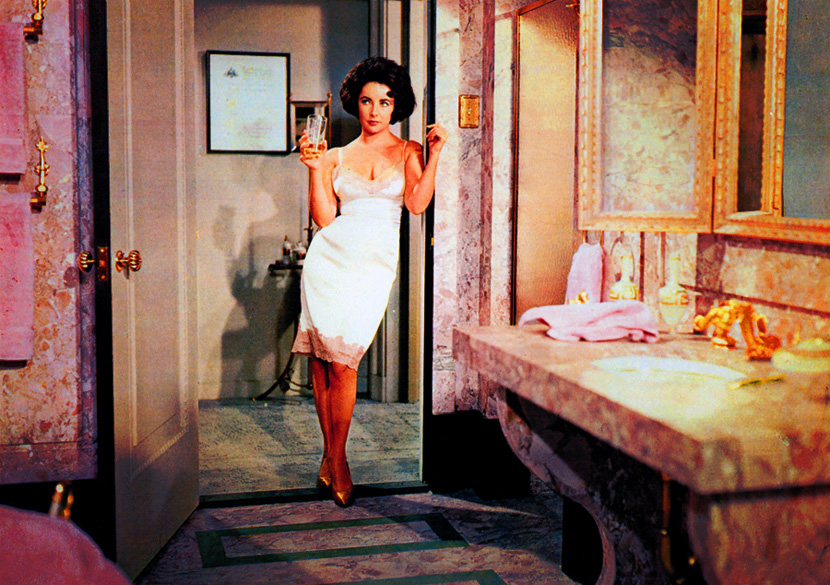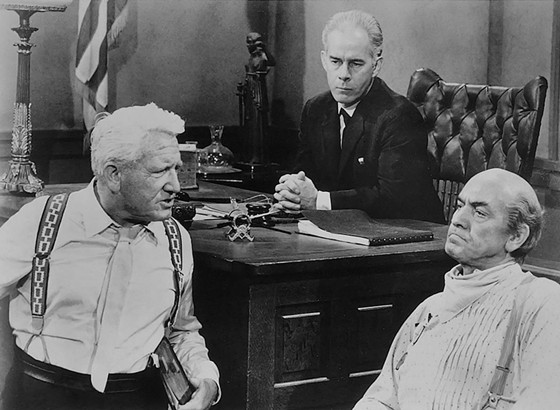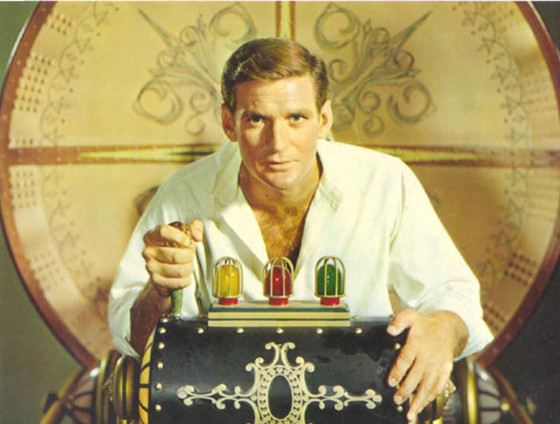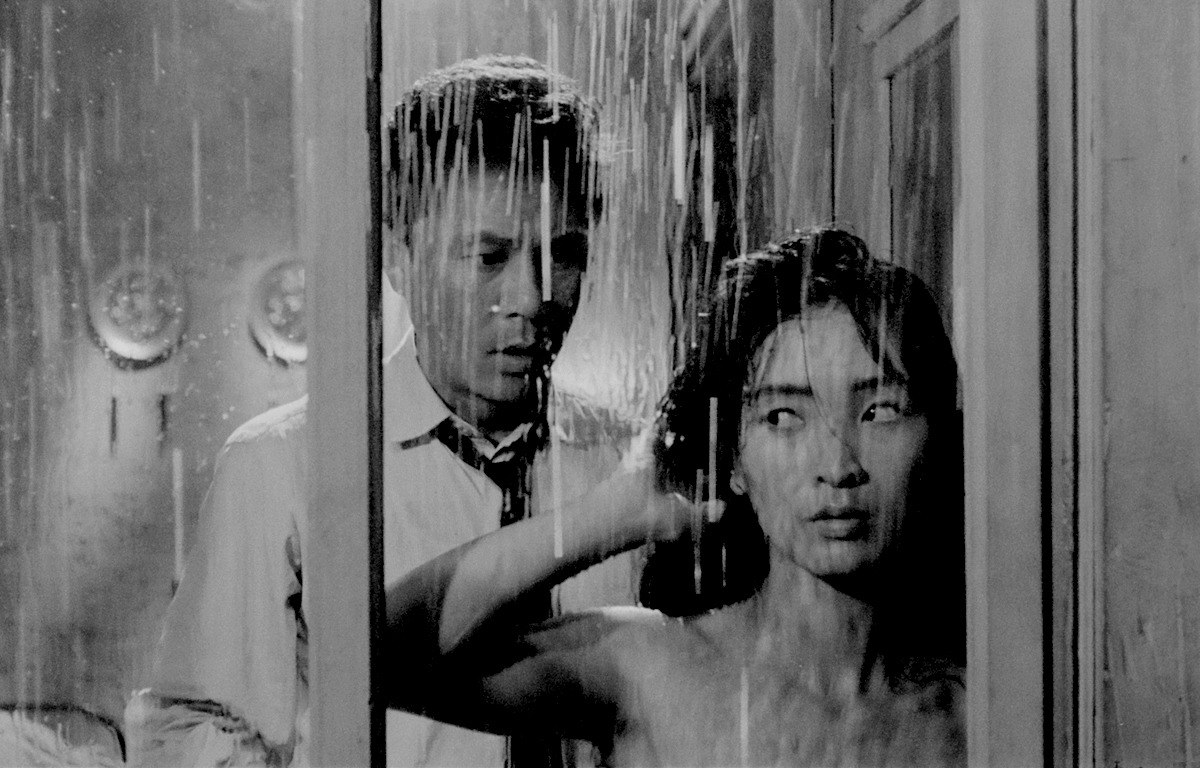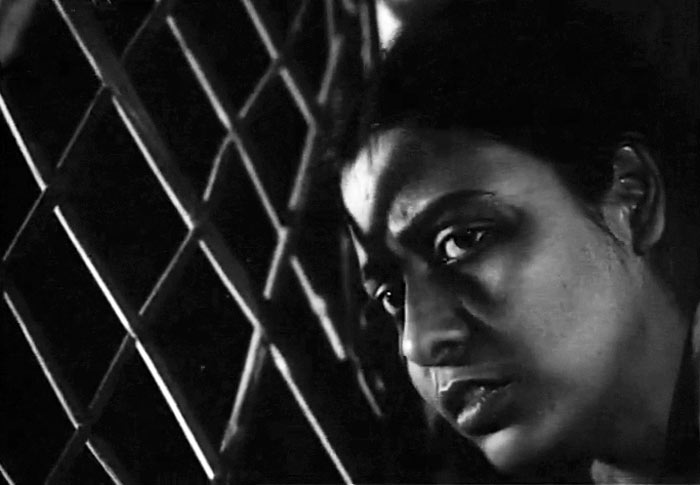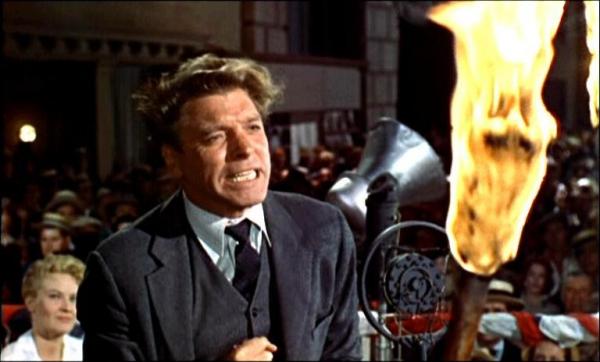1960 was a great year for cinema. It marked significant changes in style and substance and began a new year for a new breed of cinephiles. Notably in European cinema, things were changing. Long gone were the days of naïve and candid cinema. The public welcomed a new species of movies: cynical films that questioned everything around them and forced the audience to think and process the information themselves, rather than having it spoon-fed to them.
Hollywood was also reaching the end of one of its eras, but it wasn’t quite ready to embrace the New Wave, so it waited a couple more years (until 1969 and “Easy Rider” and “Midnight Cowboy”).
Overall, the sentiment was that things were about to change for true movie lovers, and for the better. Jean-Luc Godard introduced the world to jump cuts through his revolutionary film “A Bout de Souffle” (aka “Breathless”). Francois Truffaut made fun of the American gangster genre in the subtlest way of possible, with “Tirez Sour le Pianiste” (aka “Shoot the Piano Player”).
Karel Reisz (a Czech immigrant from England) started the British social-realist wave with his gritty, nihilist, kitchen-sink drama “Saturday Night and Sunday Morning” – film’s response to the wave of “angry young writers” in British literature. Michelangelo Antonioni infuriated the Cannes Film Festival audience after making one of the leading ladies of his film “L’Avventura” disappear without any explanation (after just a half-hour into the film), never to return again.
Alfred Hitchcock went even further and killed Janet Leigh (who appeared to be the lead actress of “Psycho”) after 45 minutes, leaving the audience to wonder what might be the actual plot of the film. All these moments and caprices created film history, and they are still very lively talked about today.
If you are a true fan of cinema you cannot not love 1960; “Psycho”, “La Dolce Vita”, “L’Avventura”, “A Bout de Souffle”, “Tirez Sour Le Pianiste”, “The Apartment”, “Saturday Night and Sunday Morning” and many more memorable works of art all came from that year. Here is a list of the 20 best films that came out in 1960.
20. Butterfield 8 (Daniel Mann)
After three unsuccessful Oscar nominations, Elizabeth Taylor finally won her first Oscar with the touching Hollywood melodrama that is “Butterfield 8”.
The film tells the story of Gloria Wandrous (Elizabeth Taylor), a New York fashion model that starts an immoral affair with a married man named Weston Liggett. However, Gloria’s desire to be someone in this world, especially in the social circle of her lover, causes her to reconsider her lifestyle.
Elizabeth Taylor (the sole engine of the film’s dynamic) manages to give her character multiple layers. Part role model and part party girl, Gloria struggles very hard to find herself and set her priorities straight. Some might argue that Taylor gives an over-the-top performance but that is exactly what the role requires.
The role of Gloria requires a dose of drama, a dose of perversity, a dose a self-consciousness and a healthy dose of devil-may-care attitude. The film might feel dated in 2015 but it cannot be overlooked when it comes to great Hollywood cinema.
19. Inherit the Wind (Stanley Kramer)
“Inherit the Wind” marks the first time (out of four) that director Stanley Kramer and Hollywood legend Spencer Tracy have worked together.
The film is based on a real-life case that occurred in 1925. When teacher B.T. Cates is arrested for teaching Darwin’s theories, famous lawyer Henry Drummond (Spencer Tracy) comes to his defense. Fundamentalist politician Matthew Brady is the prosecutor in this case, and the war of ideas and beliefs is unleashed.
This is a film that showcases a number of famous actors of the era brilliantly portraying characters from a true story. The dialogue is sharp and witty, and each performance is gripping. The preconceptions of small-town America and religious bigotry are handled in a sympathetic manner by the use of powerful acting. It is truly a memorable film that makes one think of the cliché “they don’t make ’em like they used to”.
18. The Time Machine (George Pal)
Adapted from H.G. Wells’ highly influential novella of the same name, “The Time Machine” was noted at its time for using unique techniques such as time-lapse photographic effects showing the world changing rapidly.
The story is, of course, very familiar: a scientist builds a time machine and uses it to explore the distant future where the world is divided between two races (a gentle race living on the surface and a cannibalistic race living underground). His machine is stolen by the underground race thus jeopardizing the return to his own time.
Of course, being a science fiction movie, it relies to some degree on special effects. The effects look primitive by today’s standards but back in the day, they were impressive enough to win the Academy Award for Special Effects. However, underneath its futuristic plot, there is a powerful humane message that comes across in various points in the film’s development. The message is that above all, man is still man, capable of both good and bad, and to put one’s faith totally in man is a mistake.
It’s only going to lead to disappointments. Yet, the scientist remains optimistic and wants to be the one to help initiate change for the better. There’s always hope for a better world and people with ideals put to action can make a difference.
17. The Housemaid (Ki-Young Kim)
“The Housemaid” is very hard to include in one specific genre. It’s not quite a thriller but it’s not quite a horror film either. Perhaps it can best be described as a domestic thriller-horror film.
It all begins when a young woman lands a job as a housemaid in a respectable household. The woman proves to be a veritable femme fatale as she seduces the husband (a piano composer) and becomes extremely jealous of his wife. Although involved, the composer dismisses the affair so the only fair solution the housemaid can think of is for them to die together for love.
The film can often be very hard to relate to on a spiritual level, if the audience is a western one. Cinematically the movie is applaudable worldwide, but in terms of tones and aesthetics it can be a little strange for a non-Asian audience. The melodramatic story is unpredictable, has wonderful performances but some situations simply do not apply in the western part of the world. That being said, “The Housemaid” is a must for any cinephile.
16. The Cloud-Capped Star (Ritwik Ghatak)
“The Cloud-Capped Star” is, without a doubt, one of the best films ever directed in Bengali and it vividly portrays the directing skills of Ritwik Ghatak.
The film tells the tragic story of Neeta, the beautiful daughter of a middle-class refugee family from East Pakistan. She is living with her family in the outskirts of Calcutta under modest circumstances. For Neeta, family is everything, so she seems more than willing to sacrifice everything for them, including her personal happiness. She does not seem to mind that the other members of her family overlook her personal achievements.
From a constructive cinematic point of view, as odd as it might seem, the style is a bizarre cross between Akira Kurosawa and François Truffaut. Ritwik presents the drama with a special finesse of light and darkness using great visuals, sound and symbols to present a tender emotion. The foliage, the train, the mountains and the soul rendering vocals remain with the audience long after the movie has finished. “The Cloud-Capped Star” is bleak, absolutely gripping, tragic and infuriating.
15. Elmer Gantry (Richard Brooks)
Elmer Gantry (Burt Lancaster) is a heavy drinker. Elmer Gantry is a fast talker. Elmer Gantry is a traveling salesman with a charismatic personality who will use any tricks necessary to collect money – including using Biblical passages to make his pitches more appealing. He is drawn into the road show of Sister Sharon Falconer (Jean Simmons) and is immediately attracted to her.
As expected, Sharon falls for Elmer and even loses her virginity to him. When Elmer is wrongfully accused, Sharon is the only one who remains by his side until the truth is revealed. However, both Elmer and Sharon are seduced by fame and pretty soon fate will punish them by dealing them a losing hand.
This film addresses themes of religious corruption, lynch mob mentality and illicit sex. There are no four-letter words, no naked breasts, and no bleeding wounds, and yet this film raises goosebumps in ways that more explicit movies only wish they could. Like Gantry himself, the film sees humanity in all its beauty and ugliness; it understands it and forgives.
It is an exploration of complex behaviors, longings, needs, desires, and ambitions. A woman can be both a virgin dedicated to God, and a lover who empties sand out of her high-heeled shoe after a night of illicit passion on a beach.
A villain who contributed to the ruination of a young woman’s life can redeem himself through application of biblical concepts of humility and forgiveness. These paradoxes work very well in Sinclair Lewis’ novel of the same name (of which the movie is based) but they also work very well in Brooks’ film showcasing an excellent sample of Hollywood greatness.
